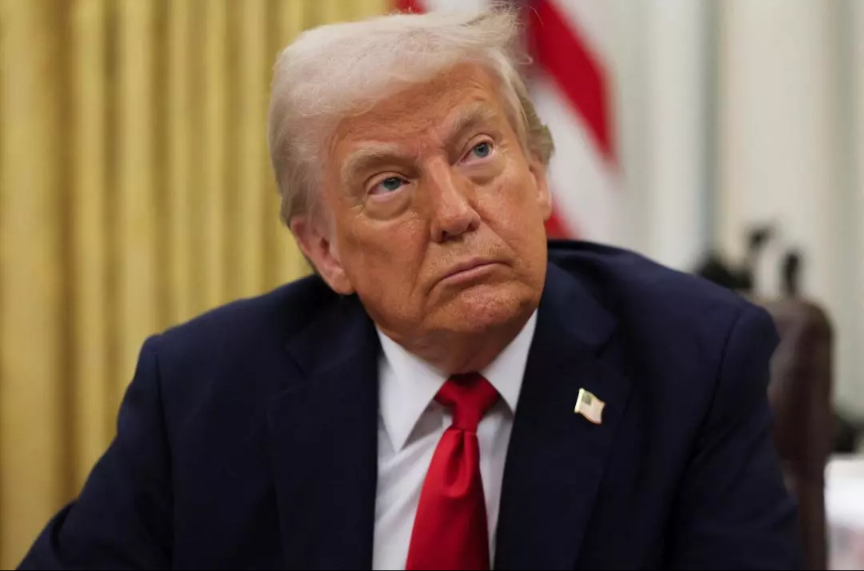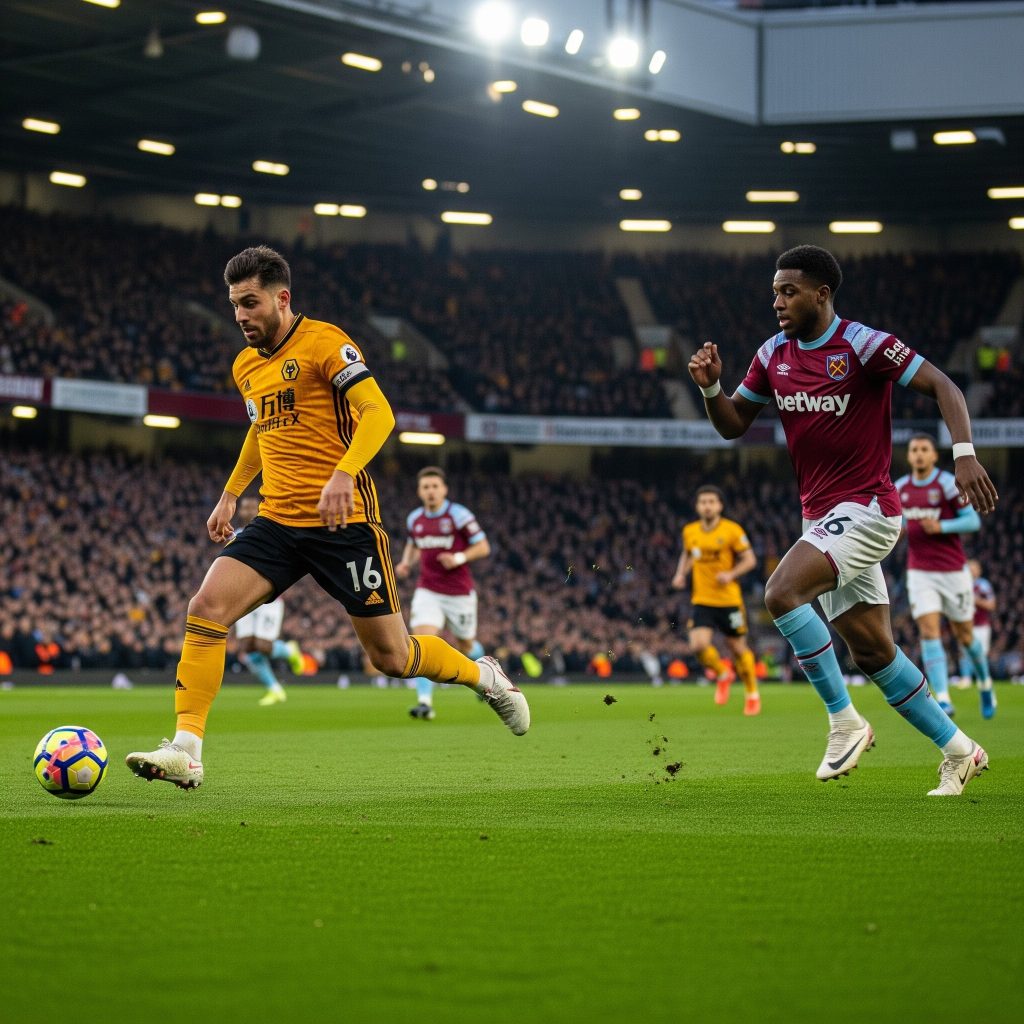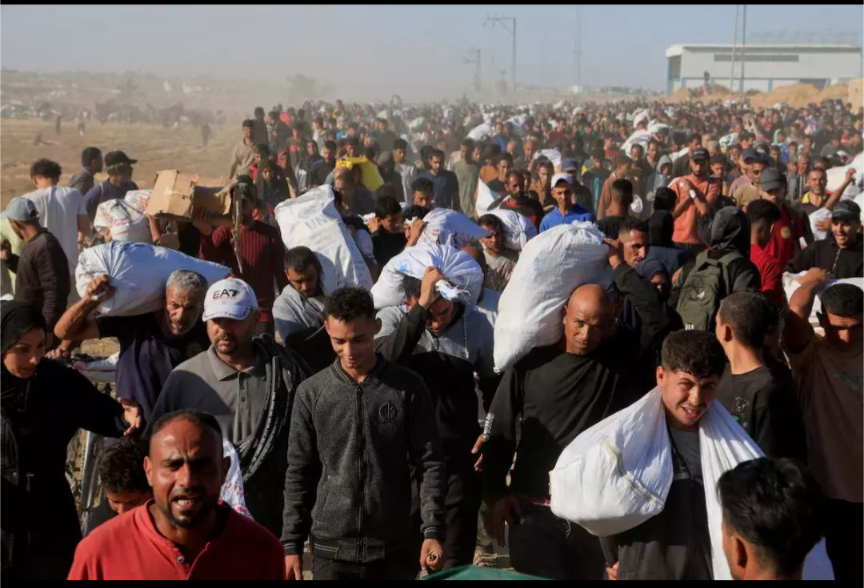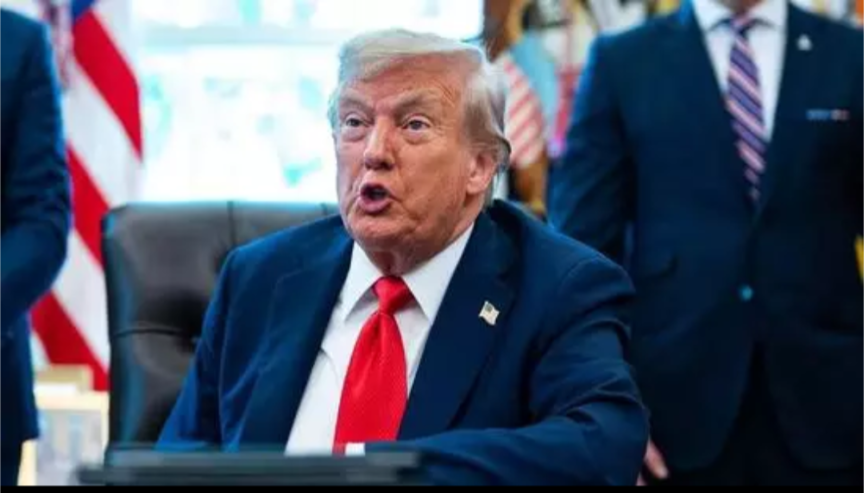Former US President Donald Trump drops plans to visit India for the upcoming Quad Summit. Here’s why this decision matters.
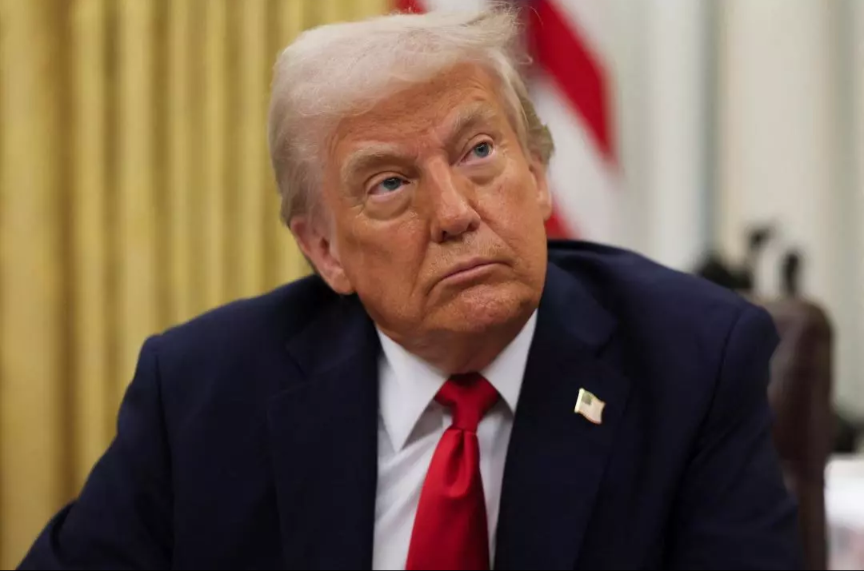
In a significant diplomatic setback, reported just days ago, U.S. President Donald Trump has canceled his planned visit to India for the upcoming Quad Leaders’ Summit. The New York Times revealed that the previously confirmed trip is no longer on the table, contributing to escalating tensions between Washington and New Delhi. The cancellation signals deeper fractures in the Indo-U.S. relationship, as India seeks to recalibrate its strategic partnerships amid mounting trade disputes and growing economic pressure.
This article dives into the unraveling of Trump-Modi ties, explores the implications for the Quad grouping and Indo-Pacific diplomacy, and examines what this means for global alignment—even as readers explore other trending stories like If No Peace Talks by Monday, Putin Has Played Trump: Macron or market-focused insights such as Trump Tariffs Will Make Us Rich – Court Illegal.
Why the Quad Meeting Matters
The Quad—composed of the United States, India, Japan, and Australia—is a strategic forum aimed at safeguarding an open, inclusive Indo-Pacific. In recent years, it’s become a cornerstone of regional security architecture, counterbalancing rising Chinese influence. India had graciously accepted hosting the next Summit around November 2025, reflecting trust and mutual strategic alignment. Trump’s conspicuous absence threatens to fragment Quad ambitions at a critical juncture.
Behind the Cancellation: Details & Reports
What We Know
According to The New York Times, Trump initially agreed to attend the Quad Summit in India, only to officially cancel the plan later—an abrupt shift with no formal statements from either Washington or New Delhi The Economic TimesBusiness Standard. Multiple outlets speculate it stems from growing personal and policy-driven rifts between Trump and Prime Minister Narendra Modi—including a controversial phone call and Trump’s push for Nobel Prize recognition, which Modi publicly rebuffed The Economic TimesBusiness Standard.
The Strategic Fallout
India reportedly voiced displeasure after Trump claimed credit for brokering a ceasefire with Pakistan—an assertion diplomatically rejected by New Delhi The Indian ExpressReddit. Tensions deepened as Trump imposed steep tariffs—up to 50%—on Indian goods, citing India’s continued import of Russian oil and refusal to open agricultural markets Deccan ChronicleWikipediaThe Daily Beast. This series of affronts appear to have irreparably damaged a once-strong personal rapport between the leaders.
Quad and Regional Dynamics
India’s Continued Quad Engagement
Despite the setback, India continues to show commitment to the Quad framework. Ahead of its official summit, India reaffirmed cooperation with Japan on critical minerals, a key Quad initiative Reuters. This underscores Delhi’s intent to advance regional stability and diversify strategic partnerships, especially amid rising Western friction.
Ministry-Level Coordination
In June, U.S. Secretary of State Marco Rubio hosted a meeting with Quad counterparts, including India’s Foreign Minister, to lay the groundwork for the intended Leaders’ Summit—suggesting that institutional mechanisms remain active even as presidential engagement wanes Reuters.
Economic and Trade Pressures
Tariffs & Trade Fallout
Trump’s tariff offensive—25% reciprocal and an additional 25% penalty for Russian oil imports—triggered strong backlash in India. Domestic exporters warned of severe disruption, while New Delhi decried it as “unjustified and unreasonable” WikipediaDeccan Chronicle.
India also reportedly paused defense procurements from the U.S., though the Ministry denied any official halt Wikipedia. The cumulative impact of trade friction and strategic mistrust contributed to diplomatic cool-down.
Personal Rift: Trump & Modi’s Relationship Deteriorates
Inside the Tolling Phone Call
The relationship began to unravel during a G7 phone conversation, where Trump implied he mediated the India–Pakistan ceasefire and went as far as suggesting Modi nominate him for a Nobel Prize—commentary that deeply offended Indian leaders Business StandardThe Indian Express. Their communications reportedly deteriorated, with Indian officials refusing further high-level engagements, marking a deep diplomatic frost The Daily Beast.
Strategic Realignment: India’s Shifting Axis
Eastward Momentum
Prime Minister Modi’s concurrent visits to Japan and China illustrate a strategic pivot amid U.S. tensions. Japan pledged massive investments in India’s manufacturing sector, reinforcing bilateral ties within and beyond Quad contexts Reuters+1.
Seeking Balance
With U.S. relations strained, India leans more into multipolar cooperation—strengthening ties with Russia, China, and the Global South to preserve strategic autonomy ReutersWikipedia.
Global Implications & Expert Views
Fault Lines Exposed
Security analysts warn that India’s trust deficit towards the U.S. might empower Chinese regional designs, fragmenting collective resistance to authoritarian expansion The Australian. The “worst crisis in two decades” label—used by analysts to describe the US–India standoff—signals systemic erosion in bilateral ties Wikipedia.
Diplomatic Resilience Tested
Former diplomat Vikas Swarup and experts like Fareed Zakaria caution that undoing decades of progress requires urgent diplomatic reassurance. Meanwhile, institutions like the U.S. House Foreign Affairs Committee warn of lasting damage to the partnership if high-level engagement fades Wikipedia+1.
What Lies Ahead for the Quad Summit
With Trump’s visit off the table, uncertainty surrounds the Quad’s leader-level summit in India later this year. Leaders may consider rescheduling meetings during international forums like APEC or alternate routes to de-escalate tensions and preserve momentum The AustralianWikipedia.
Conclusion
Trump’s cancellation of his India visit for the Quad Summit delivers a symbolic blow to strategic cooperation. It supersedes simple scheduling changes—it reflects a deeper crisis in U.S.–India relations. As India recalibrates its partnerships, the Quad’s future hangs in the balance. For further reading on global flashpoints and diplomacy’s complexity, check our analysis of Putin’s geopolitical play and Trump’s tariff clash.
